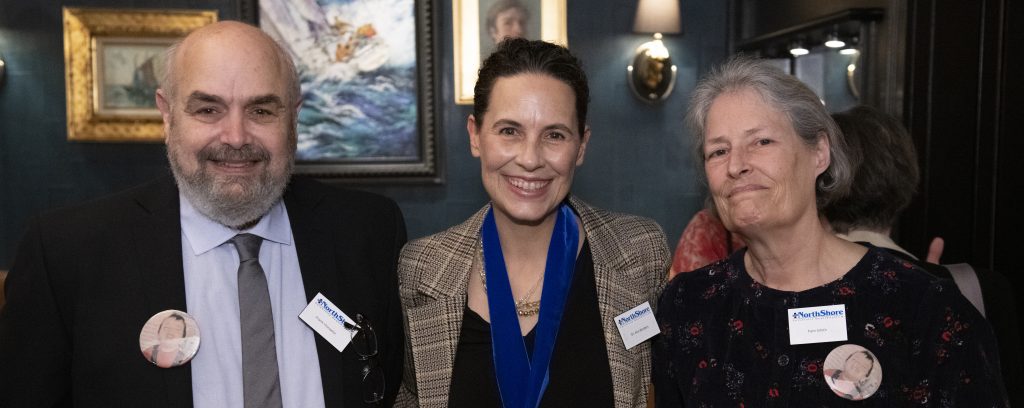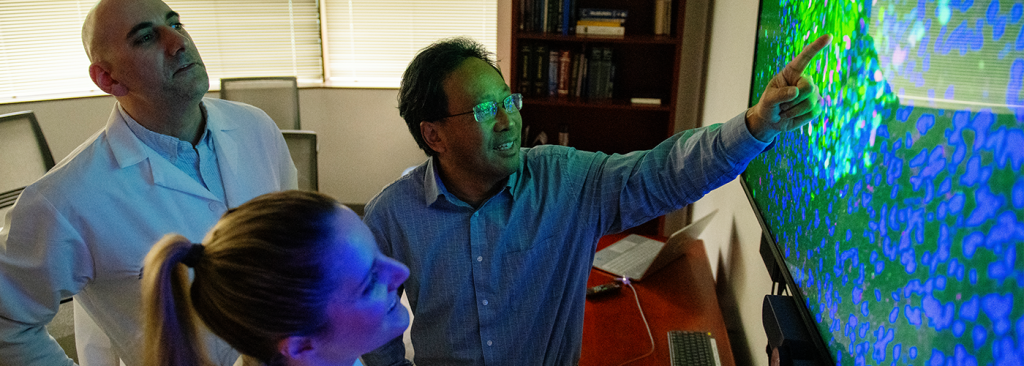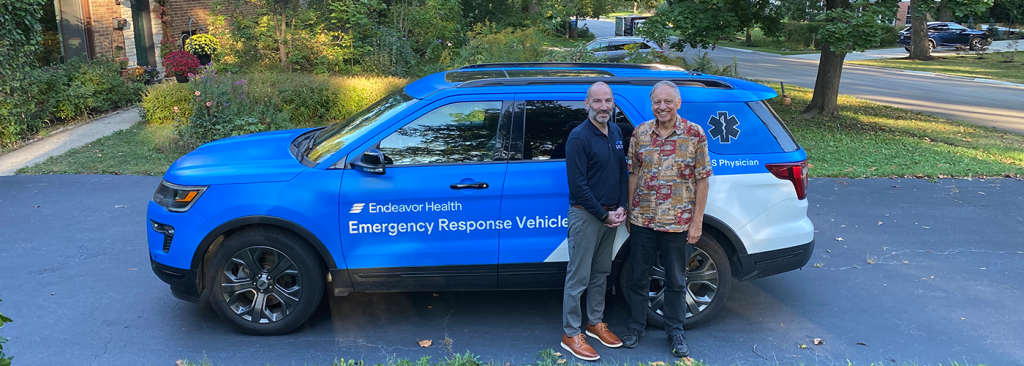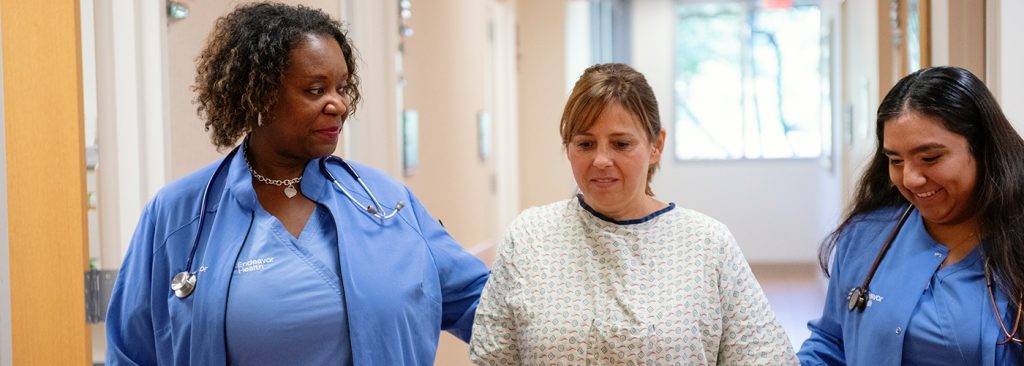By Ann E.B. Borders, MD, MSc, MPH
At NorthShore University HealthSystem (NorthShore), our physicians, nurses and extended care team members in the obstetrics department are dedicated to helping couples as they move through the stages of becoming a family. We’re by their side every step of the way as they go from trying to get pregnant to pregnancy to, hopefully, delivery and healthy outcomes for the newborn baby.
But what happens if something goes wrong during pregnancy or the baby is born premature and cared for in the Henrietta Johnson Louis Infant Special Care Unit (ISCU)?
No one entering parenthood plans for their baby to end up in the ISCU. And most mothers don’t expect complications during pregnancy. But because these situations are a reality in our community, NorthShore has built a stellar team of supportive healthcare team members to help families through these sensitive and life-changing experiences.
Years ago, when I came to Chicago on a fellowship, I intended to study maternal-fetal medicine. But more than that, I wanted to make changes on a large scale and understand the “why” of how at-risk pregnancy and preterm births happen and then establish strategies to help families in those situations.
Research is critical to understanding the “why.” While federally funded research is available, it’s often highly competitive and has been dwindling over the years. NorthShore is fortunate to have philanthropic support from generous benefactors who believe in our mission to help everyone in our community be their best and who join us in seeking solutions to the challenges that face many women and babies.
Two such examples of this private generosity are Frank Horowitz and Pam Smith Horowitz, who themselves were a couple with their baby in the ISCU in 1990. Their son, Ian Bernard Horowitz, was born at 26 weeks. Thanks to a NorthShore clinical trial, he was able to survive and thrive.
Although they lost their son tragically in adulthood, Pam and Frank never forgot the supportive ISCU environment and how their care team never gave up on Ian. In memory of their son, they established the Ian Bernard Horowitz Endowed Chair of Obstetrics and the Ian Bernard Horowitz ISCU Developmental Clinic Fund. With this philanthropic legacy, the Horowitzes wish to bring hope and healing to other infants and families who may face circumstances similar to those they experienced.
I am honored to be the inaugural holder of the Ian Bernard Horowitz Endowed Chair of Obstetrics. Endowed chairs allow recipients, like me, to pursue their research in a way that opens more horizons. Philanthropy like this empowers us to push the boundaries and move our research forward.
NorthShore remembered Ian Bernard Horowitz and honored Pam and Frank on Oct. 4 with a speaker panel of leading experts in maternal-fetal health. Much like my experience, private philanthropy has supported my colleagues and propelled their research forward to the benefit of the communities we serve.
For example, Jo Kim, PhD—Director of the Perinatal Depression Program—spoke about a new toll-free “MOMS line” for pregnant and postpartum mothers to call when they’re experiencing a mental health crisis. This phone line was created as a way for mothers to have a support system outside normal business hours. Dr. Kim shared that in the past year, the MOMS line—which receives calls from all over Illinois and other states—took in 1,800 calls.
Another colleague who spoke on the panel is a direct recipient of support from the Ian Bernard Horowitz ISCU Developmental Clinic Fund: Matthew M. Pellerite, MD, MPH, Medical Director of the ISCU Developmental Follow-Up Clinic.
Thanks to support from the special fund, Dr. Pellerite and his team of compassionate ISCU staff can be a focal point of support for parents of premature babies. The clinicians provide families with care, guidance and resources for their premature babies outside of the hospital, as it can be challenging and overwhelming. The clinic will expand continuing care access, empowering families to support their child’s critical development years through 5 years old and beyond. As such, the ISCU Developmental Follow-Up Clinic staff work hard to help parents build their confidence to care for their babies and know when to ask for help.
This extended access and outreach would not be possible without the Horowitzes’ generous gifts in memory of their son. While it’s always devastating to lose a child, I find it inspiring that Frank and Pam turned their grief into hope for other parents and children in the future.
Masthead Photo, Left to Right: Frank Horowitz, Ann E.B. Borders, MD, MSc, MPH, and Pam Smith Horowitz




